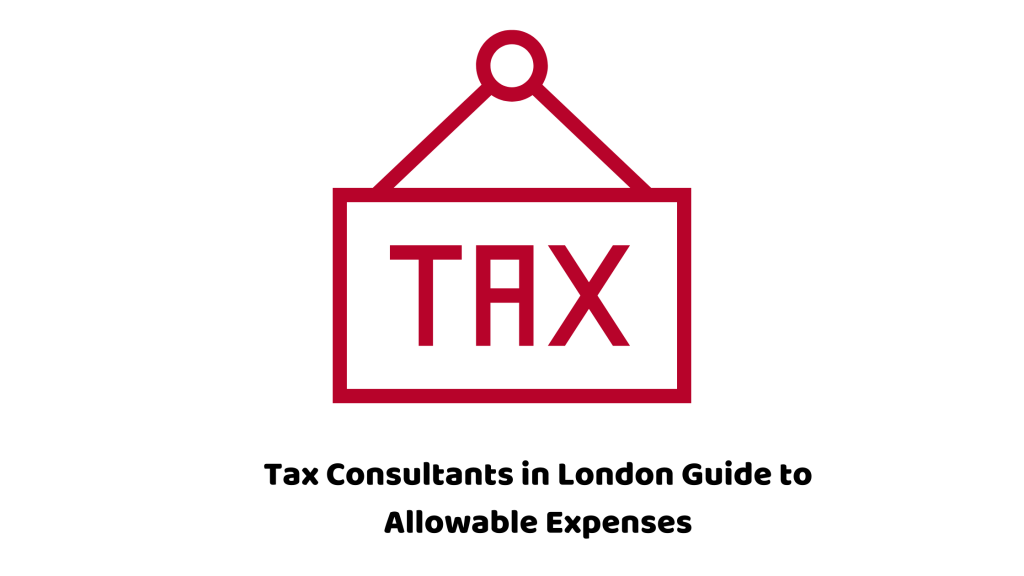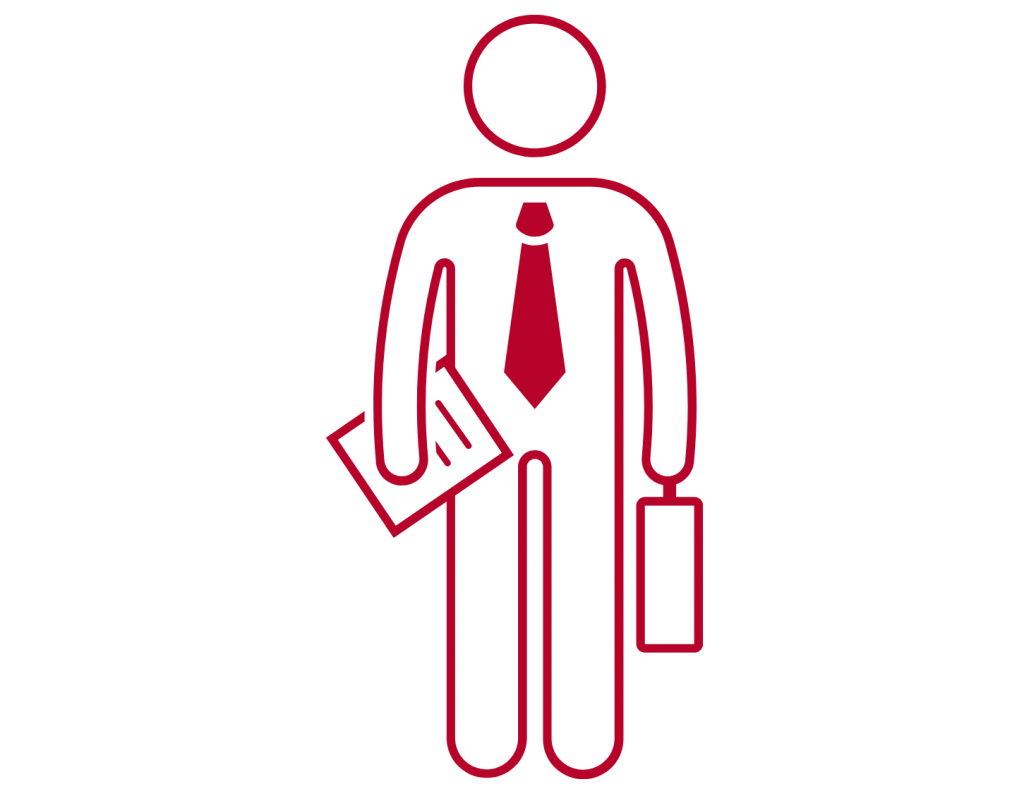Self-employment has numerous financial rewards and advantages. Those who choose to run their own business get to enjoy flexibility, a remote work set-up, and the freedom to choose their projects as per tax consultants London.
That said, working for yourself is challenging. One area that both new and seasoned freelancers commonly struggle with is the finances. Unlike 9-5 jobs, self-employment does not provide a steady paycheck or employer-paid benefits. Moreover, managing financial resources and paying taxes on top of working out new projects or closing sales can be overwhelming at times.
The good news is that with the proper management of your profits and taxes, keeping your business’ financial standing healthy is simple. Let us explain how business costs that you can claim to reduce your tax bill.
What are self-employment expenses?
Running your own business means dealing with running costs on your own. Fortunately, deduct your costs to reduce your taxable profit. Take note that HMRC imposes strict rules regarding allowable expenses (those which you can claim for) and disallowable expenses (those you can’t). Pay attention to these rules as you can face penalties if your claims go wrong. On the other hand, you end up paying more tax if you overlook these.
What are Allowable Expenses?
Generally, allowable expenses include those things you pay for in your business and its operation. To give you a clearer picture of the expenses you can claim, here are some examples:
- Office Rent
If you’re renting a property for operation, you can claim rent/lease payments as well as utilities (e.g. electricity, heating, water, telephone). You can claim the expenses incurred in registering your business’ domain name and its hosting.
- Home Office
If you’re working from home, you can still claim the expenses you incurred from the use of space and household bills (e.g. electricity, telephone, data, among others). There are two ways to go about this:
- Use a simplified flat-rate amount and then calculate it against the number of hours and days you work at home.
- Calculate an actual portion of your household bills.
- Business Vehicle and Mileage
Buying a car through your business allows you to claim a business portion. However, this can be a complex topic so you should seek advice from specialized tax consultants in London. You will be able to know the best steps to proceed according to your case with their expert advice. On the other hand, if you use your personal car for business matters, you can claim mileage according to the rates set by the HMRC.
- Inventory and Raw Materials
This applies if your business manufactures or produces its own products. Since day-to-day operations include buying materials to make your own goods or storing stocks, you can claim the cost of any goods involved in your operations.
- Marketing Efforts
The amount you invested in your business’ marketing efforts such as subscriptions for email marketing tools, business cards, and online advertising is also considered an allowable expense.
Conclusion
Taxes are not automatically deducted from your paychecks when you’re self-employed. Because of this, you’re responsible for keeping track of your tax obligations and paying them on time. Your profits and taxes may seem big at first, but there are business expenses that need deduction to arrive at a lower taxable profit. Refer to the list above for the allowable expenses and make sure to keep all related bills and receipts for at least seven years in case of an audit. Let our tax consultants London help you out.
Need the expertise of fixed fee accountants? There’s no need to look further. At ACCOTAX, we have the skills and experience to help you fix your accounts or get your taxes filed on time. Our high-end accounting software solutions allow you to boost your efficiency and expand your business. Get in touch with us today to get an instant quote!






















































